The Pacific Ocean, the largest and deepest ocean, is teeming with marine life. Not since an asteroid wiped out the dinosaurs has life in this vital ecosystem been under threat of mass extinction. With accelerating climate change and warming waters, there is a growing concern about the loss of biodiversity in the oceans. These rising ocean temperatures are shifting the boundaries of marine creatures’ comfort zones. Many are fleeing northward in search of cooler waters. This migration causes the local disappearance of once-common species. Some fish, such as the Galapagos damsel, has been completely eliminated from the waters of Central and South America. The effects of the decline in ocean life are far-reaching and go beyond the marine ecosystem. It threatens our food supply and long-term sustainability.
There are many factors contributing to the decline in ocean life. According to National Geographic, the most significant factor is the deoxygenation of water. Deoxygenation is a chemical reaction where oxygen is removed. This can occur in the ocean. The world’s oceans absorb a third of carbon emissions and 90 percent of excess heat created by humans. Hot waters start to lose dissolved oxygen. Yet, higher temperatures can also speed up the metabolisms of many marine organisms. They then need more oxygen to live.
Coral reefs support a diverse array of marine life and are also affected by pollution and rising temperatures. They are sensitive to changes in water quality and temperature, and their loss can have cascading impacts on biodiversity. Coastal sedimentation, pollution caused by pathogens, waste-water treatment, toxic substances, trash, and microplastics are all leading to rising temperatures in the ocean and reducing the amount of oxygen available for marine life. Other factors, such as overfishing and reef harvesting, can cause harm to marine life by disrupting their habitats and reducing their populations.
The loss of marine biodiversity is not just a threat to the ocean ecosystem. It also has serious consequences for our food supply and sustainability. Over 3 billion people depend on the ocean as their primary source of protein. The ocean is also an important source of income for millions of people around the world. The loss of biodiversity in the ocean threatens the livelihoods of these people and the food security of our planet.
After years of debates and discussions, the High Seas Treaty was signed at the United Nations Intergovernmental Conference in New York City this month. This treaty protects marine biodiversity and provides oversight of international waters. It aims to protect marine biodiversity in the areas beyond national jurisdiction, which cover approximately two-thirds of the world’s oceans. The treaty sets out guidelines for the conservation and sustainable use of marine biodiversity with the goal of achieving the long-term conservation and sustainable use of marine biodiversity.
There are other measures afoot to address this issue. The NOAA Marine Debris Program is the US Federal Government’s lead program in the Pacific Ocean to reduce the impact of marine debris. Marine debris is any persistent solid material that is manufactured or processed and directly or indirectly, intentionally or unintentionally, disposed of or abandoned in the marine environment. This program aims to prevent and reduce the amount of marine debris in the ocean through education, outreach, and research. They are also working to remove existing marine debris through removal projects, which help to restore the health of the ocean and protect marine life.
The loss of marine biodiversity and the risk of mass extinction in the oceans are critical issues that need urgent action. Programs such as the NOAA Marine Debris Program and the High Seas Treaty are important steps in the right direction.


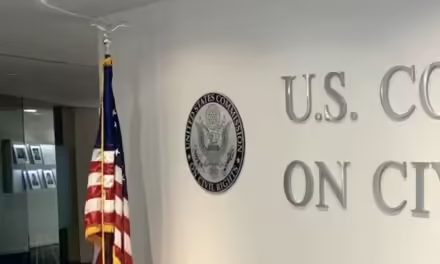

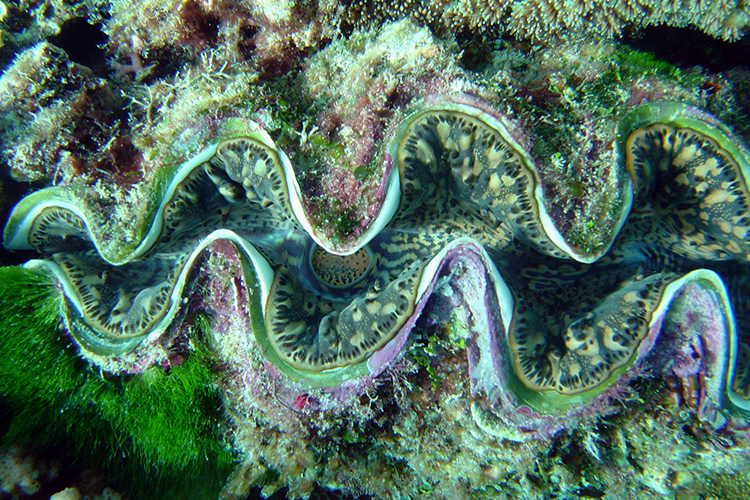
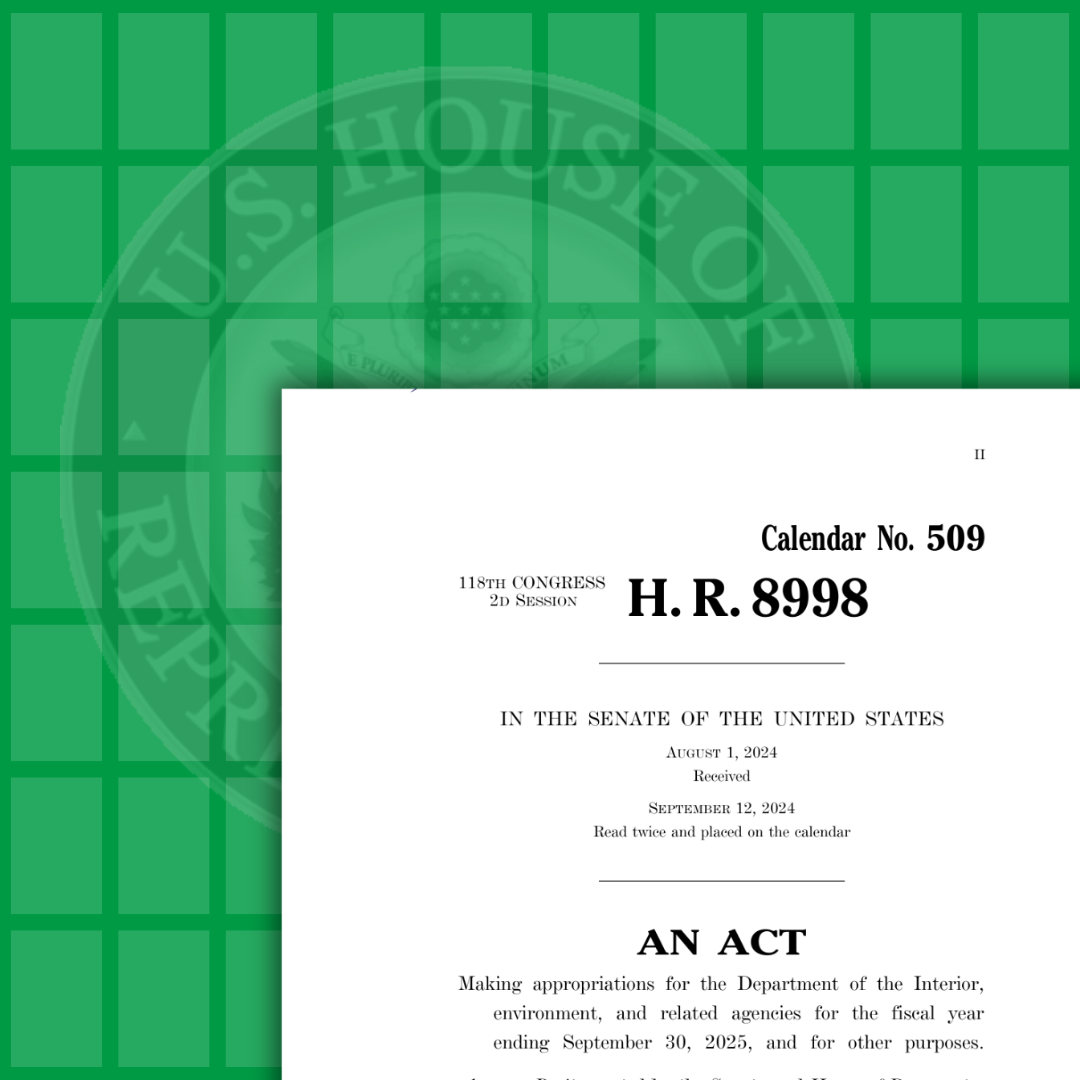
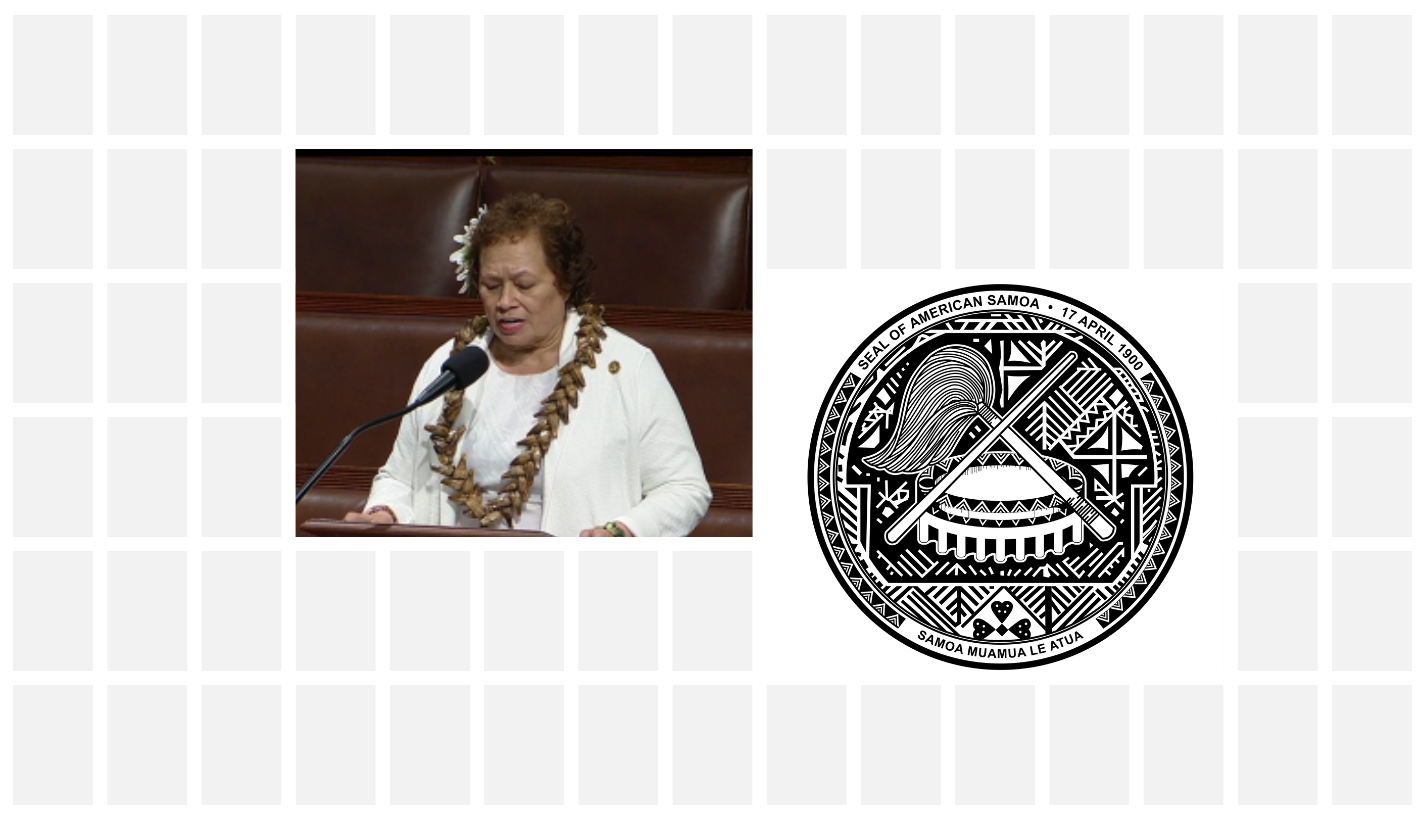
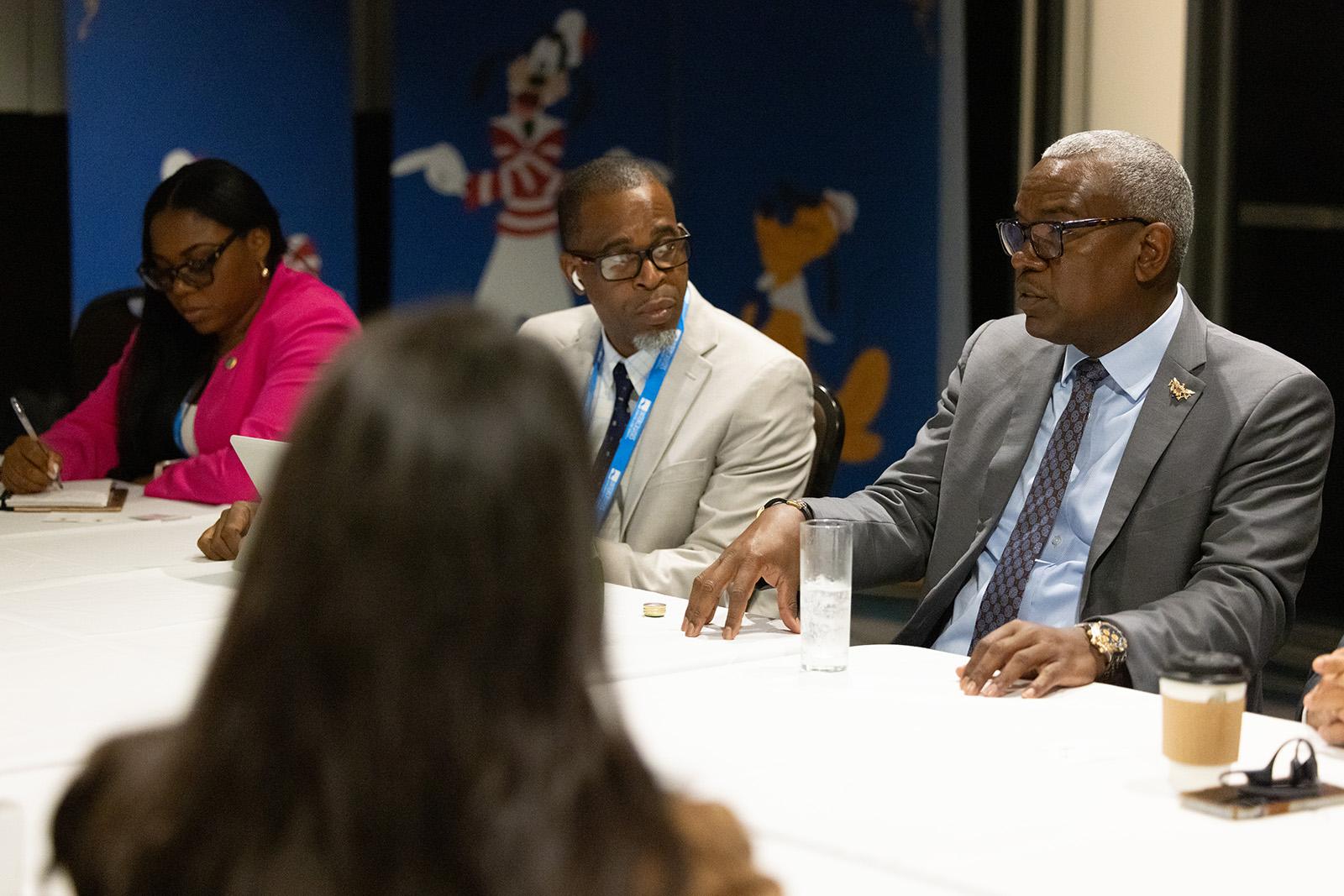




Thoroughly an insightful and thought-provoking article from Aadi